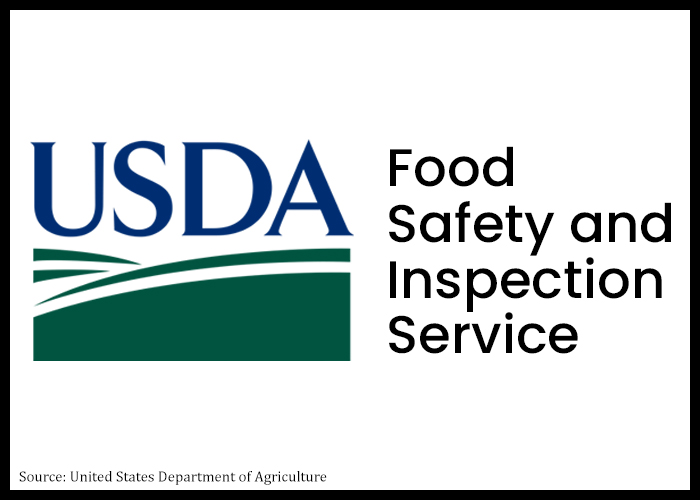
The Alabama Department of Public Health (ADPH) has released its fish consumption advisories for 2022. The advisories alert the public as to the “species of fish in which waterbodies may present an elevated health hazard,” According to the ADPH “Unfortunately, certain toxic chemicals have been found in some lakes and rivers in Alabama. Some of these chemicals can accumulate in fish. With some chemicals, higher levels of contaminants can be found in older and/or larger fish. When chemical concentrations are elevated in fish, they can pose a health risk to the people who eat them.”
The 2022 fish consumption advisories are based on data collected the preceding fall by the Alabama Department of Environmental Management. This year’s advisories were based on 365 samples taken at 34 collection stations; the newly issued advisories represent the safe number of meals of the particular species of fish that can be eaten in a given period – such as meals per week, meals per month or do not eat any.
The most common contaminants in Alabama include:
- Mercury – Originating from natural sources and from pollution, mercury builds up in the tissue or muscle of fish. It can then build up in human tissue for those who eat contaminated fish, leading to heart disease.
- Polychlorinated biphenyls (PCBs) – Polychlorinated biphenyls, or PCBs, are man-made compounds. They build up in the fatty parts of fish and can build up in human bodies as well. PCBs have been linked to premature births and developmental problems.
- Perfluoralkyl sulfonate (PFOS) – PFOS are organic molecules that contain fluorine. It can accumulate in fish tissues and possibly cause adverse health effects in humans.
Several waterbody advisories include all species or the entire waterway. Those are:
- Baker’s Creek embayment at Wheeler Reservoir in Morgan County – Do not eat any species due to presence of PFOs.
- Lakewide sample at Big Creek Reservoir in Mobile County – Do not eat any Largemouth bas due to presence of mercury.
- Entire Chickasaw Creek in Mobile County – Do not eat any species due to presence of mercury.
- Fowl River in Mobile County- Do not eat any Largemouth bass due to presence of mercury.
- Entire length of Choccolocco Creek from south of Oxford to Logan Martin Reservoir in Calhoun and Talladega counties, in the vicinity of County Road 399 bridge in Talladega County and Choccolocco Creek embayment 1 mile upstream of lake confluence in Talladega County- Do not eat any species due to presence of PCBs, mercury.
- Coosa River between Riverside and Logan Martin Dame in St. Clair and Talladega counties – Do not eat any striped bass due to presence of PCBs.
- Lake Jackson in Covington County – Do not eat Largemouth bass due to presence of mercury
- Lake Shelby in Gulf State Park in Baldwin County – Do not eat Largemouth bass due to presence of mercury
- Gulf Coast – Entire Gulf in Baldwin and Mobile counties – King Mackerel over 39 inches. Don’t eat due to presence of mercury.
You can go here for the entire list of fish advisories.



